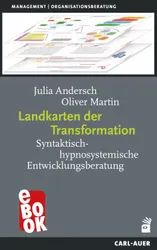The Future of Europe has to be social, or there will be no Future!
Welfare in itself is a concept that is dependent on cultural differences. These provide an explanation for the different historically-rooted welfare concepts throughout European countries.
For our research we have consciously focused on European Union member countries, the number of countries involved in one way or another in the project is twenty.
According to Esping-Andersen we differentiate three different types of Welfare models: the liberal "Beveridge systems, the conservative, corporatist "Bismarck systems and the social democratic or Scandinavian (Nordic) regimes. Our working group decided to opt for an "own class of countries belonging to a "Mediterranean Model. And we added also a group of "Central and Eastern European Systems.
After having described these systems and their development, we have examined if, and to what extent the countries of a given regime are all following the same trends and developments. The question of a possible convergence of all these models in one future European social model was also investigated.
At the end the most important questions remain: How can we overcome the austerity paradigm and move towards a cohesive society where everyone participates according to his means and where everybody gets according to his needs? How can we agree on a minimum socket of social rights in all European Countries










